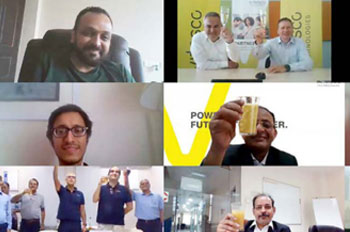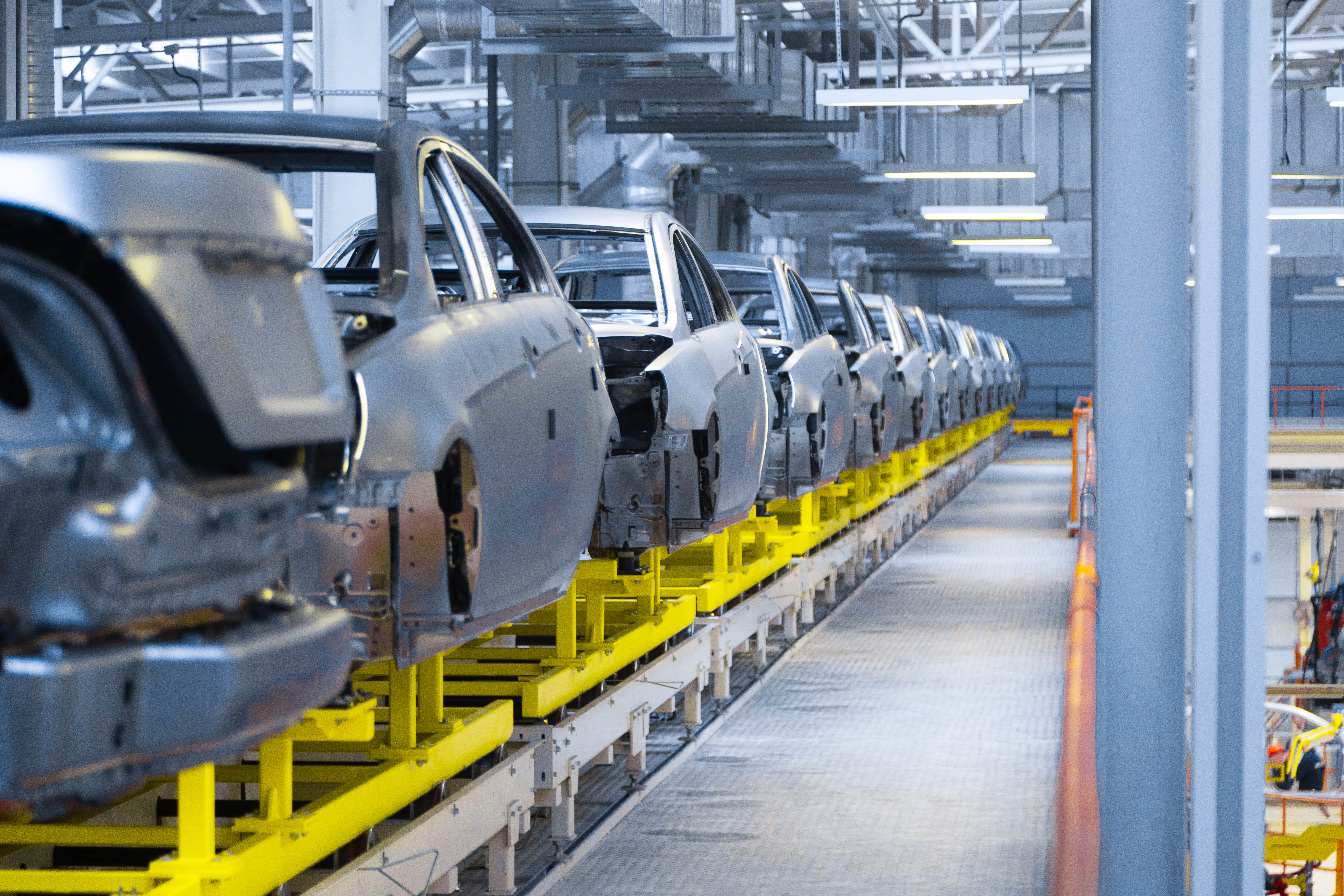Current trends in the automotive industry, such as zero-emission vehicles and carbon-neutral manufacturing, demonstrate the growing importance of sustainability. These trends are being driven not only by the implementation of stricter emission regulations or even quotas, but also by increased societal awareness on environmental and sustainability issues and also a growing consumer interest in sustainable vehicles. Furthermore, for many people, cars are no longer a status symbol. Sharing rather than purchasing is an appealing option for many consumers, and not just for environmental reasons.
As a result, automakers and suppliers must reconsider the sustainability of their products and value chains. Their greatest challenge here is to meet legislative requirements while also ensuring cost-effective manufacturing and meeting consumer demands. To achieve this balancing act, the industry must create long-term solutions that transform both the product and the value chain.
The automotive industry is undergoing radical transformation. Four major trends are driving this transformation: electromobility, shared mobility services, autonomous driving, and connected vehicles.
The rising demand for electric vehicles and innovative mobility solutions show how critical the issues of sustainability have become. Meanwhile, investors and lenders are paying closer attention, they want to understand the climatic risks that car manufacturers and suppliers face as well as avoid reputational damage from partnering with climate-unfriendly organizations.
This trend is being accelerated by both changing consumer preferences and political policies. To some extent, manufacturers and suppliers have already responded to these trends. For example, they are expanding their range of electric vehicles and offering flexible mobility solutions. Nonetheless, the potential is far from exhausted. There is still a long way to go before the automotive industry can be considered sustainable.
1. Carbon emissions and climate change
For a long time, climate change and its consequences have been part of a larger societal debate. As a result, legislators have made carbon emission regulations significantly more stringent in recent years . The regulation set mandatory fleet wide average CO2 emission reduction targets of 15% in 2025 for both cars and vans and then further reductions of 31% and 37.5% in 2030 for vans and cars respectively*. Car manufacturers are required to reduce carbon emissions both during vehicle manufacturing and during vehicle operation. Alternative powertrains, such as fuel cells, play an important role in this context.
2. Long-term viability throughout the value chain
As natural resources become increasingly scarce, the importance of sustainable value chains in the automotive industry grows. They are based on the 3R principle –Reduce, Reuse and Recycling. Transparency throughout the supply chain is critical. This is the only way to trace parts' origins and ensure sustainability throughout the value chain. With this in mind, automakers and suppliers are thinking about how to implement innovative solutions like a circular economy, battery recycling, biodegradable components, and sustainable processes in R&D and manufacturing.
3. Digital accountability
As self-driving and connected vehicles become more common, the emphasis will shift to issues such as digital value unlocking, data protection, and data security. Either way, automakers and suppliers must define the digital functionalities and technologies needed to implement sustainable solutions.
4. Solutions that are feasible, cost-effective, and long-term
Car manufacturers and suppliers are looking for feasible and cost-effective solutions that are also sustainable in order to incorporate sustainability into their business models. To do so, they must consider the following issues:
- Which powertrain solutions, such as electric batteries or fuel cells, are best for reducing carbon emissions in my company?
- What skills and expertise are required to implement these solutions?
- How can we calculate our carbon footprint and ensure that we are in compliance with the law?
To incorporate sustainability into their business models, car manufacturers and suppliers are looking for solutions that are feasible, cost-effective, and sustainable.
PV Clean Mobility Technologies seeks to provide cutting-edge, efficient, cost-effective, and sustainable solutions for the automotive industry. The design, development, and distribution of Fuel, Air, and Thermal Management systems for ICE, EV, and Hybrid vehicles in high-growth emerging markets in India and elsewhere are just a few of the clean mobility solutions provided by PV Clean Mobility Technologies.






